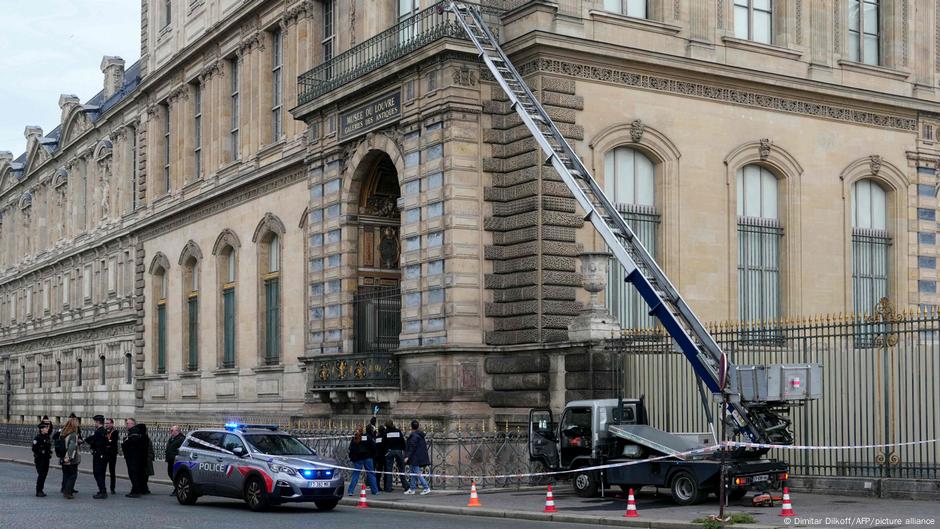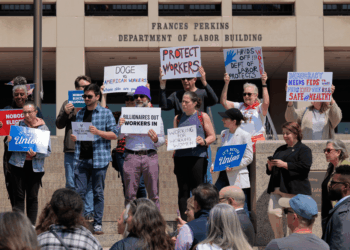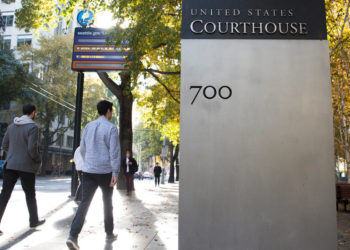Two men apprehended by authorities this weekend as they attempted to flee the country have “partially” admitted involvement in a , Paris prosecutor Laure Beccuau said on Wednesday.
Speaking at a news conference, Beccuau said the men face preliminary charges of theft committed by an organized gang and criminal conspiracy.
at Charles de Gaulle Airport and Seine-Saint-Denis, a north Paris suburb, the two men were taken into custody. Prosecutors were required to charge, release or seek a court extension to hold them for more than 96 hours after their apprehension.
Still no idea where historic Louvre loot might be
At least two . More importantly, perhaps, so do the .
In their race against time, authorities fear the stolen jewelry, which included crowns, brooches and necklaces, has likely been broken apart, smelted down, and the thousands of gemstones and diamonds in them recut to hide their historic provenance.
Their destruction would be an obvious loss for the French nation and its people, but also for the museum, even more so considering the jewels were not privately insured due to their extreme value, meaning the Louvre will not receive an insurance payout.
Police chief says no easy fixes
This week, Paris Police Chief Patrice Faure said the , noting that the thieves had exploited obvious gaps in it.
The system, which is analog and does not allow the sharing of real-time imagery, is also no longer accessible to Louvre security, said Faure, due to a clerical error that led to the expiration of the museum’s operating authorization in July.
Faure said that although “officers arrived extremely fast” they were already running late because of lags that occurred within the system. In fact, police were not alerted by the museum’s alarm system at all, but rather by a bicyclist who .
Faure told French lawmakers that knee-jerk calls for greater police presence in front of the museum were pointless, saying, “this issue is not a guard at a door, it is speeding the chain of alert.”
Instead, Faure called on politicians to authorize tools that have so far remained prohibited for privacy reasons — such as AI anomaly detection and object-tracking systems to flag suspicious activity and to allow for individual vehicles or objects to be tracked across city surveillance cameras in real time.
A long and its security system, said Faure, “will not be finished before 2029-2030.”
Edited by Sean Sinico
The post Louvre suspects admit ‘partial’ participation in robbery appeared first on Deutsche Welle.




